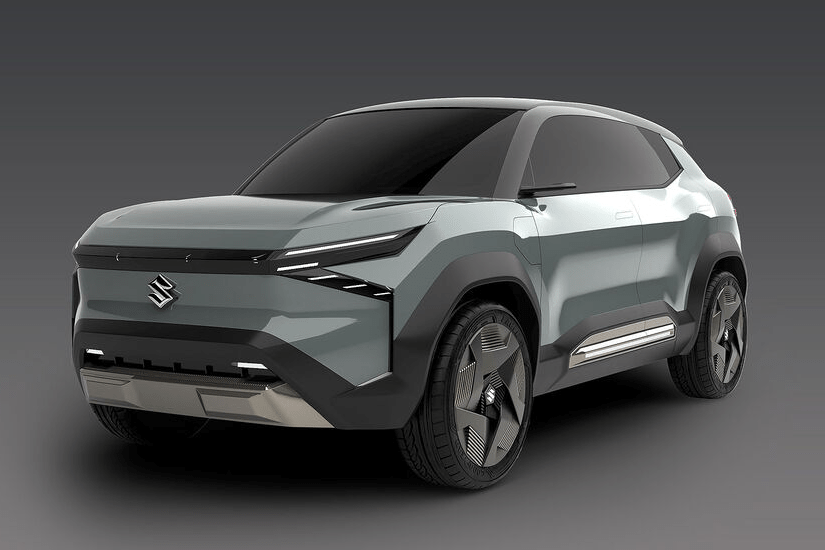Suzuki to invest half of budget in electrification by 2030
Suzuki has presented its growth strategy until 2030. This envisages total investments of 4.5 trillion yen (approx. 31 billion euros), almost half of which will go into the development and production of electrified vehicles.
Specifically, Suzuki plans to invest 2 trillion yen (about 14 billion euros) in the electrification of its product range by 2030, including about 500 billion yen (roughly 3.5 billion euros) for the development and production of batteries. The cooperation with Toyota will be deepened in parallel and will mainly help “in the development of advanced technologies, including autonomous and battery-electric cars, business expansion into promising emerging markets, carbon neutrality efforts in India, and the formation of a recycling-based society”.
Suzuki plans to further expand its business especially in Japan, India and Europe. By the end of this decade, the manufacturer plans to introduce six BEV models each in Japan and India and five BEV models in Europe. Against this background, Suzuki had recently presented the electric concept car eVX, which is to become a series model for the global market in 2025.
The BEV quota is expected to vary greatly depending on the main market. In Japan, for example, Suzuki expects a BEV share of 20 per cent of its sales in 2030. In Europe, this figure is expected to reach 80 per cent and in India only 15 per cent. The focus on India has been apparent for some time. However, Suzuki also wants to focus on biogas for the market there.
The Japanese motorbike product plans also include the first BEV motorbike from the 2024 financial year. By 2030, seven more battery-electric models are to follow and a BEV sales share of 25 per cent is to be achieved. However, electrification is to primarily affect small and medium-sized machines. “For large motorcycles for leisure purposes, we are considering adopting carbon neutral fuels,” Suzuki writes.
In the maritime sector, the first electric outboard motor is also to be added to the range in 2024. By 2030, the range is expected to grow to five models, which will account for 5 per cent of sales. Here, too, however, Suzuki wants to examine the introduction of CO2-neutral fuels for large outboard motors.





0 Comments